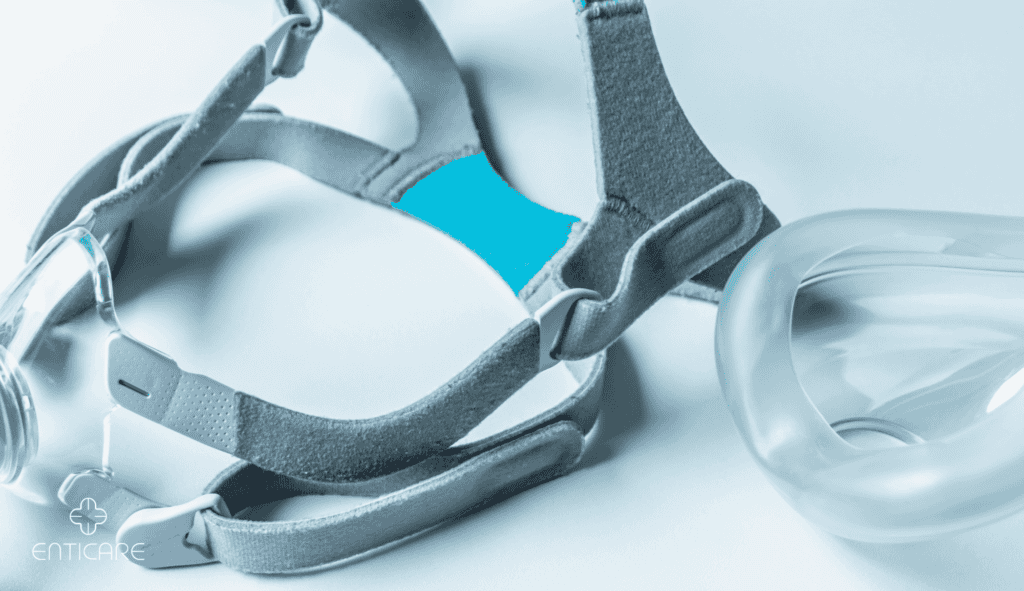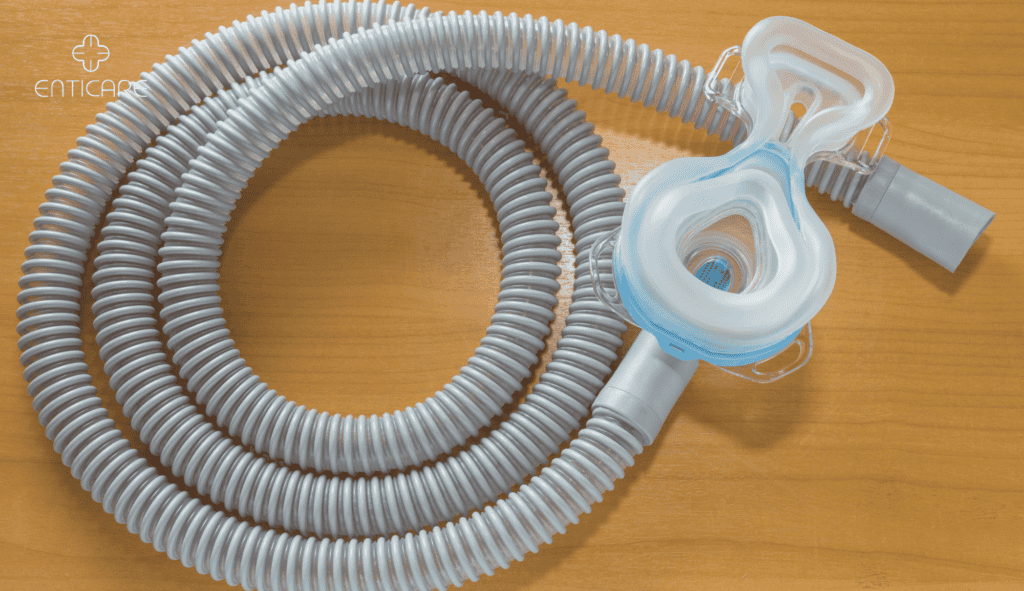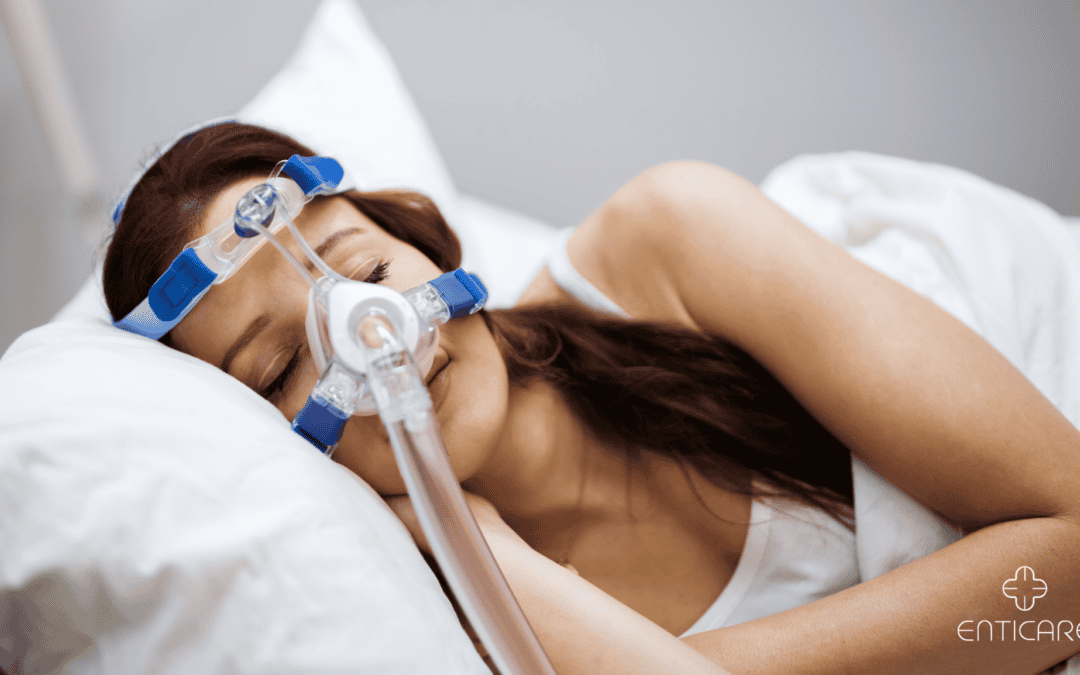Feeling claustrophobic with your nasal mask? Is a leak disrupting your CPAP therapy? Exploring a full-face mask might be the answer to knowing the right CPAP mask comfort.
CPAP therapy is a lifesaver for millions with sleep apnea, ensuring restful nights by keeping airways open. However, choosing the right mask is crucial for comfort and adherence to therapy. Struggling to decide between a nasal mask and a full face mask? This blog unpacks the advantages and disadvantages of both nasal and full-face masks, helping you navigate the mask debate and prioritize a comfortable sleep experience.
CPAP masks come in various styles, and choosing the right one is vital for successful sleep apnea treatment.

Understanding Nasal vs. Full Face Masks
-
- Nasal Mask: This refers to masks that deliver pressurized air through your nose, either by covering your nose or through nasal pillows that insert gently into your nostrils. It offers a more lightweight and comfortable feel compared to full-face masks.
- Full Face Mask: This mask covers both your nose and mouth, ensuring a complete seal and pressurized air delivery. It’s ideal for individuals who experience mouth leaks with nasal masks or struggle to breathe comfortably through their nose.
Pros and Cons of Nasal Masks
Pros:
- Lighter and less bulky: Offers a more natural feel during sleep.
- Less claustrophobic: Provides a more open feel around the face.
- Quieter: Generally quieter operation compared to full face masks.
Cons:
- Leaks: Mouth leaks can be a challenge, disrupting therapy.
- Facial Pressure: Nasal pillows might cause discomfort in the nostrils or shift from the nose during sleep.
- Limited Movement: Some models might restrict head movement during sleep.
Pros and Cons of Full Face Masks
Pros:
- Eliminates Leaks: Higher chance of a complete seal, preventing leaks that can disrupt therapy.
- Mouth Breathing: Ideal for individuals who breathe through their mouth at times during sleep, or suffer from nasal congestion at night.
- Multiple Sleeping Positions: Offers more freedom in sleeping positions, without worry of opening mouth during therapy.
Cons:
- Bulkier and heavier: May feel more claustrophobic for some users.
- Noisier: Airflow through the mask can be slightly noisier.
- Facial Irritation: The mask covering the mouth and nose might cause skin irritation, due to a larger surface area.
 Choosing the Right Mask for You for CPAP Mask Comfort
Choosing the Right Mask for You for CPAP Mask Comfort
Here are some factors to consider when deciding between a nasal and full-face mask:
-
- Leakage Issues: If you experience leaks with a nasal mask, a full face mask might be a solution.
- Sleeping Position: If you frequently change positions during sleep, a full face mask might offer more freedom.
- Comfort Preferences: Consider how much facial coverage you can tolerate and prioritize comfort.
- Doctor’s Recommendation: Discuss your sleep apnea severity, breathing patterns, and comfort preferences with your doctor to determine the most suitable mask type.
It’s All About Trying and Finding the Perfect Fit!
Finding the right mask is an individual journey. Here are some additional tips:
-
- Work with a sleep therapist: A sleep therapist can help you find the best mask fit and adjust it for optimal comfort and seal.
- Try different masks: Some CPAP providers offer mask trial programs, allowing you to experiment with different styles before committing to one.
- Focus on comfort: Your mask should feel comfortable throughout the night, so prioritize a good fit and adjust straps as needed.
The mask debate – nasal vs. full face – boils down to personal preference and addressing your specific sleep apnea needs. And if you have any questions, don’t hesitate to contact Enticare, our expert team is here to assist you every step of the way.

